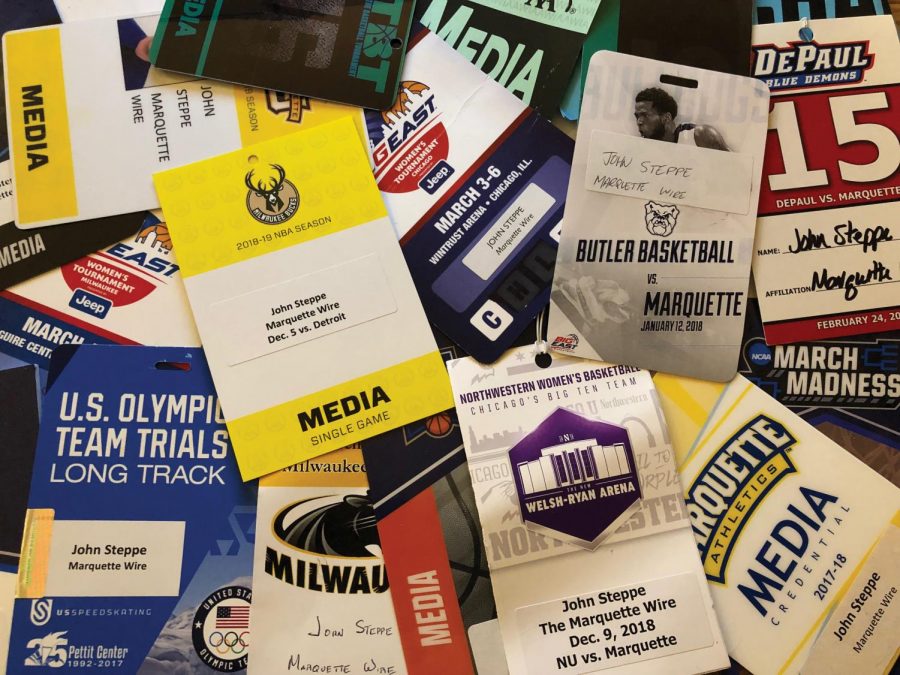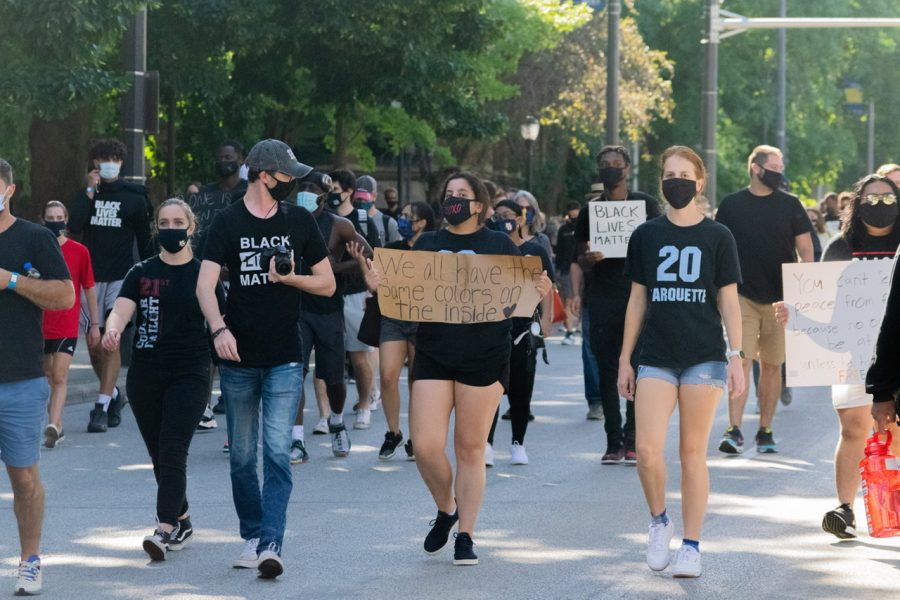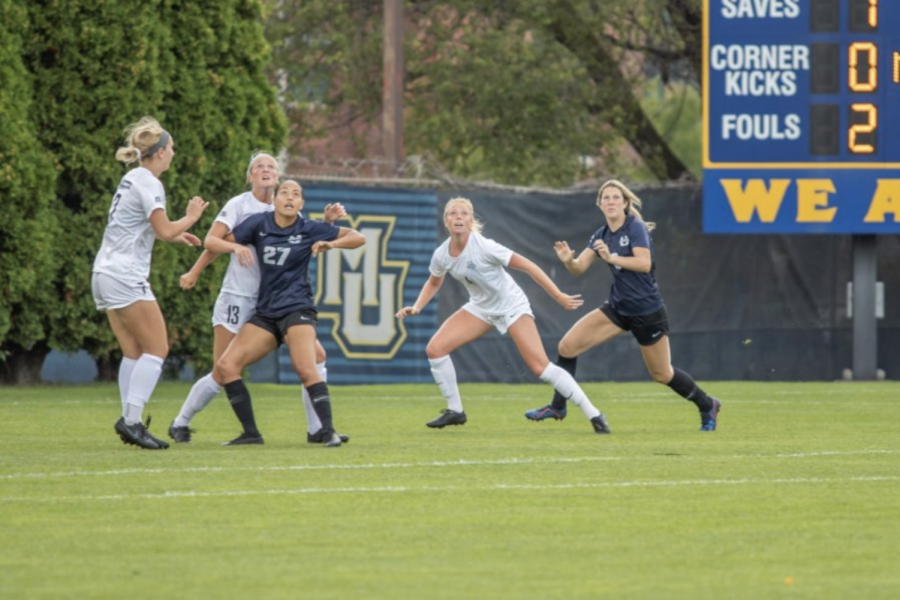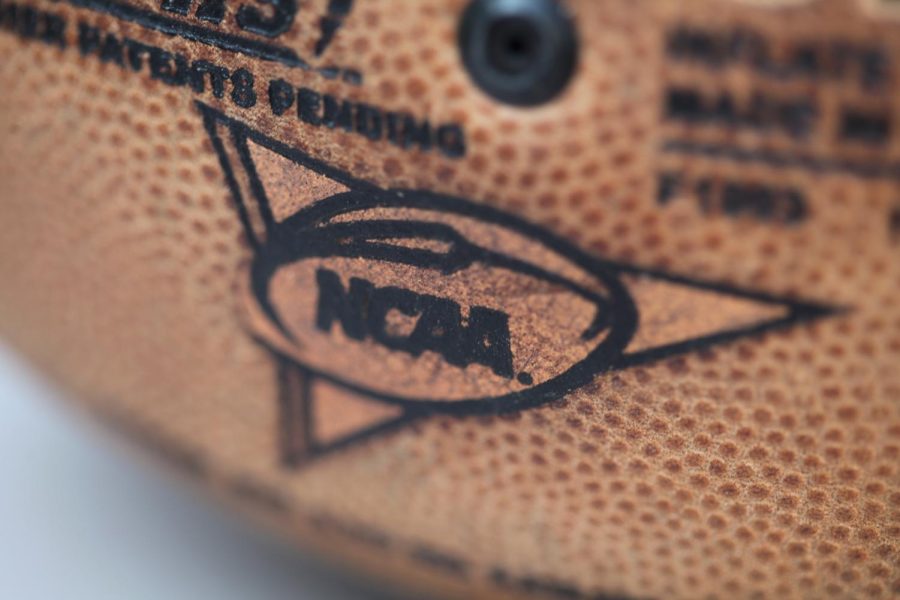As my investigative story on the treatment of a departed track and field athlete hits the Marquette Tribune’s printer in January, I quickly realize it’s not going to be the most popular story.
Emails and comments from track and field athletes begin to flow in, calling the story inaccurate, in bad taste and poorly timed. In one case, an athlete proceeded to critique the layout of the sports section, too, in frustration.
Co-captain Will Eggers tweets, “Gotta stop letting people be ‘journalists’ and write this stuff called ‘news’ sh-t is too twisted nowadays , all that media sh-t needs to be run by AI #realtalk #soldoutjournalists.”
Typos and profanity aside, it’s the first time my reporting has, to my knowledge, made someone publicly proclaim that artificial intelligence should take over my job.
I’ve seen and heard about this type of rhetoric toward national media, but it hits you with a different shock when it happens to you, especially as a 21-year-old journalism student going into sports journalism. You don’t expect it from a fellow student at a university that emphasizes the need for us to be “men and women for others.”
It wouldn’t be fair to mention the outspoken critics of the story without bringing up the persistent supporters of the story. As I stand in shock of Eggers’ tweet, I call a close friend who helps me process the situation. She then publicly stands by my reporting in a series of tweets. My managing editors offer their support via text messages. I’m lucky and proud to call all three of those people my colleagues and friends.
Mentors from as far away as Connecticut and faculty from across the College of Communication also lend incredible support. That includes a former Pulitzer winner.
These types of incidents are becoming increasingly commonplace. As I walk through the Baton Rouge airport last August, I see a bright, prominently-displayed T-shirt saying “FAKE NEWS.” Ironically, it’s in a CNBC store. Even a store with a media outlet on its name has bought into this rhetoric.
Good student journalism doesn’t happen in a vacuum. It happens with an organization. And nowadays, it’s needed more than ever to hold those making important decisions accountable.
Stories like this one can have a positive impact on their program in the long run. The “Track transfer speaks out” text on the front of every Tribune may sting for the track and field program, but if that means a future transfer at Marquette or any other school doesn’t have to go through the process that Monique Felix went through, isn’t that a thing to celebrate?
Even if Marquette Athletics decides not to change its transfer policy, citing how it’s the way of the world in collegiate athletics, that story could allow a future transfer to at least be aware of the impending consequences of his or her decision.
Many people associate student sports journalism with just game recaps, preview and fluffy features. But collegiate athletics benefit from investigative work in the long run. It holds them accountable and can, when athletic departments listen, lead to real change — change that impacts students’ lives.












